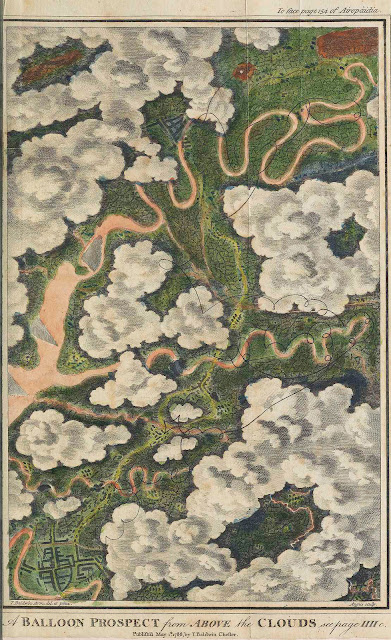"Fairy tales may be simple stories but they also give us the expression of complex thought. On the one hand, they offer up stark enactments of binary oppositions and cultural contradictions, with encounters between predator and prey, beauties and beasts, or primal innocence and cannibalistic cruelty. At the same time, their surfaces conceal layers of cultural memory saturated with historical meaning. This talk will draw on Walter Benjamin’s essay on the storyteller to understanding the cultural repetition compulsion that drives us to keep retelling “Little Red Riding Hood,” “Beauty and the Beast,” and other fairy tales."Maria Tatar is without doubt one of the world’s leading authorities on children’s literature, fairy tales and folklore. She was born in Hungary, but her family moved to the USA in the 1950s, when Maria was a child. She grew up in Highland Park Illinois, which she refers to in her 2014 Lowell Lecture for the Boston Public Library (https://www.youtube.com/watch?v=WR10oa8hq18). Maria went from Highland Park High School to Denison University in Ohio, and from there to graduate study at Princeton. On completing her doctoral work, Maria joined the faculty of Harvard University where she is now the John L. Loeb Professor of Germanic Languages and Literatures, and Chair of the Committee on Degrees in Folklore and Mythology. She also shares her love of wonder tales and children’s literature with a wider audience through her Breezes from Wonderland blog (http://blogs.harvard.edu/tatar/). Her extensive list of publications includes _The Hard Facts of the Grimms' Fairy Tales_ (1987), _Off with Their Heads! Fairy Tales and the Culture of Childhood_ (1992), _Enchanted Hunters_ (2009), and _Secrets Beyond the Door: The Story of Bluebeard and His Wives_. (2004).
http://talks.cam.ac.uk/talk/index/68717



